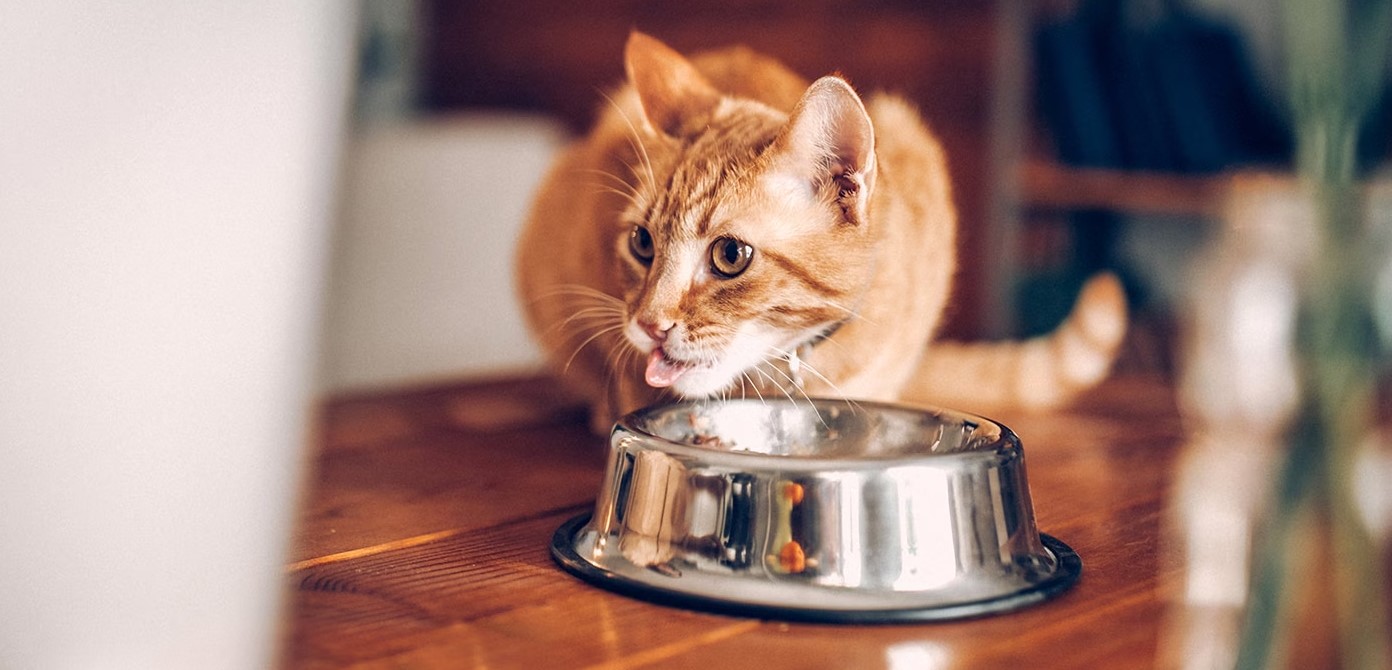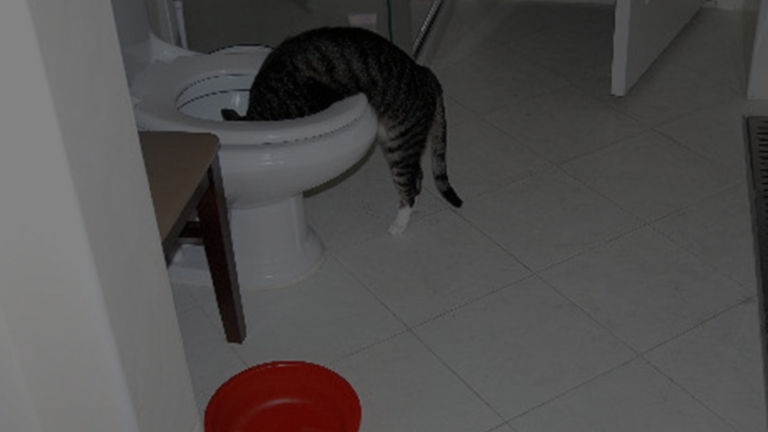When it comes to our beloved feline companions, their diet is a matter of utmost importance. We want to make sure they enjoy delicious food, but we also need to prioritize their health. Pork rinds, those crispy and flavorful snacks, often make their way into our breakfast bowls. But can cats have pork rinds? Let’s dive into the details.

Understanding a Cat’s Diet
Before we get into the details of pork rinds, it’s important to understand a cat’s nutritional needs. Cats are obligate carnivores, which means their bodies are designed to thrive on a diet consisting primarily of animal-based protein. This is why commercial cat food is made from ingredients like meat, poultry, and fish.

Can Cats Eat Pork Rinds?
Now, let’s address the important question: Can cats eat pork? The short answer is that it’s not a good idea. While cats can technically eat a small piece of pork rind without immediately getting sick, it’s not an appropriate treatment for them.
High-Fat Content
Pork rinds are notorious for their high-fat content. These snacks are deep-fried to achieve that crispy texture, and as a result, they’re loaded with unhealthy fats. Cats are not equipped to handle such high amounts of fat in their diet.

Salt Content
Another concern with pork rinds is their salt content. They are often salted to enhance their flavor. Excessive salt consumption can lead to salt toxicity in cats, which can cause symptoms such as vomiting, diarrhea, and even kidney problems.
Lack of Nutritional Value
Aside from the fat and salt issues, pork rinds offer little or no nutritional value to cats. Cats need a balanced diet rich in protein, vitamins, and minerals to stay healthy. Pork doesn’t just provide these essential nutrients.

Potential for Digestive Upset
Feeding your cat pork rinds may lead to digestive upset. Cats have sensitive stomachs, and introducing unfamiliar and fatty foods can result in gastrointestinal discomfort.
What Can You Offer Instead?
If you want to treat your cat to something special, there are better options available:

Cat Treats
Commercial cat treats specifically designed for feline consumption are a much safer choice. These treats are formulated to meet your cat’s nutritional needs and are generally lower in fat and salt.
Small Pieces of Cooked Meat
If you want to offer your cat a taste of meat, opt for a small piece of cooked chicken or turkey. Make sure it’s plain and free from any seasonings or additives.
Read More: What to Feed a Cat with Pancreatitis
Catnip or Cat Grass
Many cats enjoy catnip or cat grass, which can be a fun and safe way to provide entertainment and stimulation.
Conclusion
In conclusion, it’s best to steer clear of feeding pork rinds to your cat. These snacks are high in fat and salt, lack nutritional value, and can potentially lead to digestive issues and other health problems for your feline friend. Instead, opt for cat-specific treats or small portions of plain, cooked meat as an occasional indulgence.
Remember, your cat’s health should always be a top priority, and providing a balanced and suitable diet is essential for their well-being.
Resources & References
For more information on feline nutrition and dietary guidelines, consider exploring these reputable sources:
Additionally, here are the related articles you might find interesting:
Recommended Video
Can Cats Eat Pork Rinds?
In this video, you’ll get more insights into whether cats can safely consume pork rinds, further enhancing your understanding of this topic.
FAQs – Can Cats Have Pork Rinds
Can cats eat pork rinds?
No, cats should not eat pork rinds. Pork rinds are high in fat and sodium, which can be harmful to cats. Additionally, pork rinds can contain spices that are toxic to cats.
Can cats have pork rinds as a treat?
No, cats should not have pork rinds as a treat. Pork rinds are not a healthy snack for cats and can lead to health problems such as obesity and pancreatitis.
Can cats eat pork rinds occasionally?
No, cats should not eat pork rinds even occasionally. Pork rinds are not a part of a cat’s natural diet and can cause health problems.
What are the dangers of cats eating pork rinds?
The dangers of cats eating pork rinds include obesity, pancreatitis, and stomach upset. Pork rinds are also high in sodium, which can lead to dehydration and other health problems.
What are the alternatives to pork rinds for cats?
There are many healthy alternatives to pork rinds for cats, such as cooked chicken, turkey, or fish. Cats can also enjoy cat treats that are made with healthy ingredients.
What should I do if my cat eats pork rinds?
If your cat eats pork rinds, monitor them for any signs of illness, such as vomiting, diarrhea, or lethargy. If you notice any of these signs, contact your veterinarian immediately.



![Putting Cat in Carrier as Punishment [Cat Behavior Tips]](https://petsybox.com/wp-content/uploads/2023/09/Putting-Cat-in-Carrier-as-Punishment-Featured-Images-768x432.webp)



